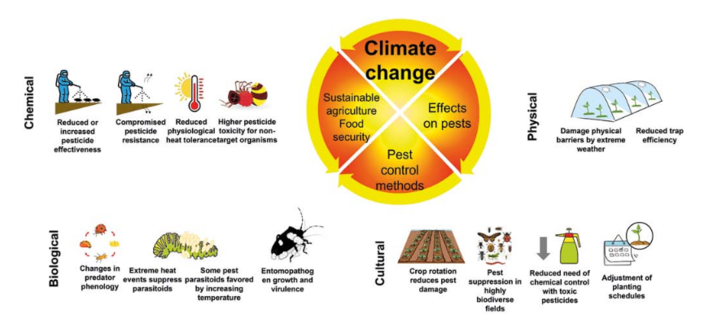Ooooh...! Some really cool tips here! Well-thought out!
#ClimateChangeGardening: 12 strategies for a #resilient #garden
by Niki Jabbour
"#ClimateChange gardening is a set of tactics that make our yards and gardens more resilient to extreme weather as well as reduce our personal impacts on the climate. There are several ways to approach climate change gardening. You can use sustainable and organic gardening practices that put soil, #biodiversity, and #pollinators first. You can also plan to reduce plastic waste, up-cycle materials, and collect #rainwater.
3 reasons to care about climate change gardening
"Climate change gardening influences the health and success of your garden. When you nurture your soil, foster biodiversity, and support pollinators you create a garden that is more resilient to the challenges of climate change. Here are 3 reasons to care about climate change gardening.
- Extreme weather – The impact of weather related challenges like droughts, storms, precipitation, flooding, and above or below normal temperatures can be reduced with climate change gardening strategies.
- Pollinators, birds, and beneficial insects – Climate change can affect pollinators and birds in various ways. Weather extremes can impact migration timing and success, host plant growth and bloom time, disease and pest issues, and habitat and food supply.
- Non-native invasive pests and plants – With a longer growing season, invasive plants, pests, and diseases will move north and potentially affect plant health and crop yields."
Read more [tips include #NoTill gardening]:
https://savvygardening.com/climate-change-gardening/
#ClimateChange #GardenGuidance #ClimateChangeGardening #Resiliency #GardenGuides #SolarPunkSunday #FoodSecurity #WaterManagement #PestManagement



